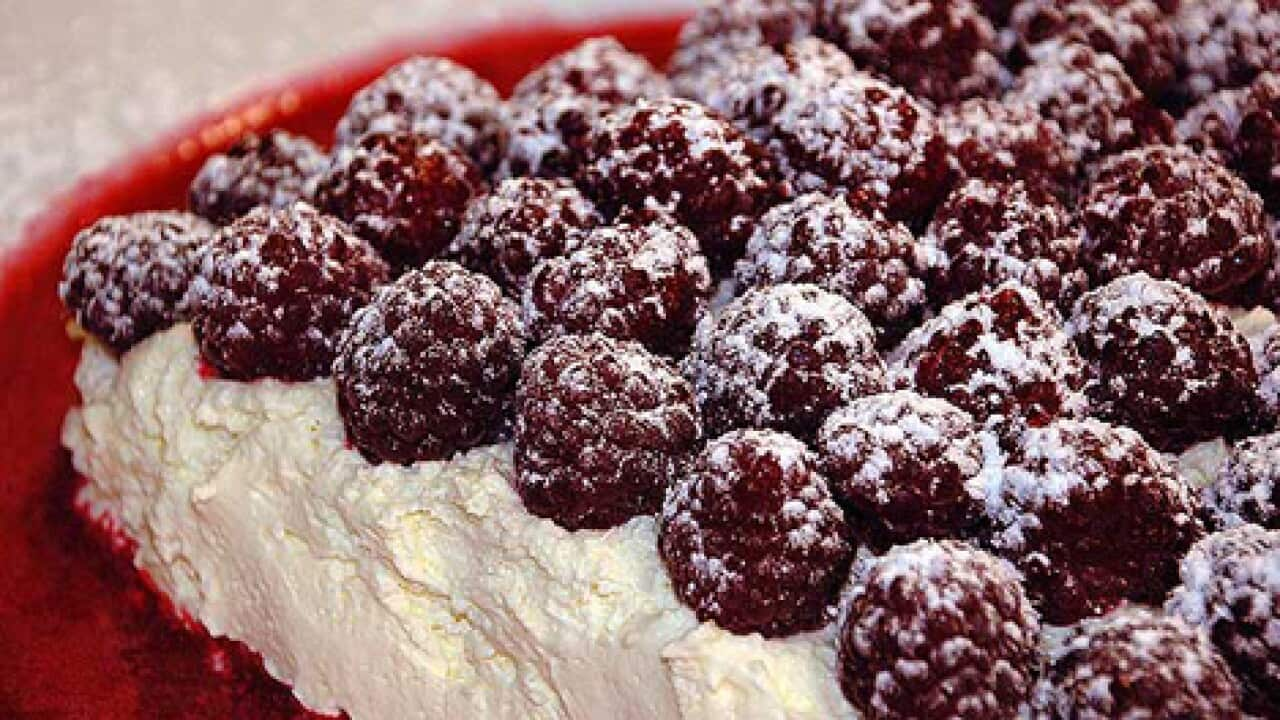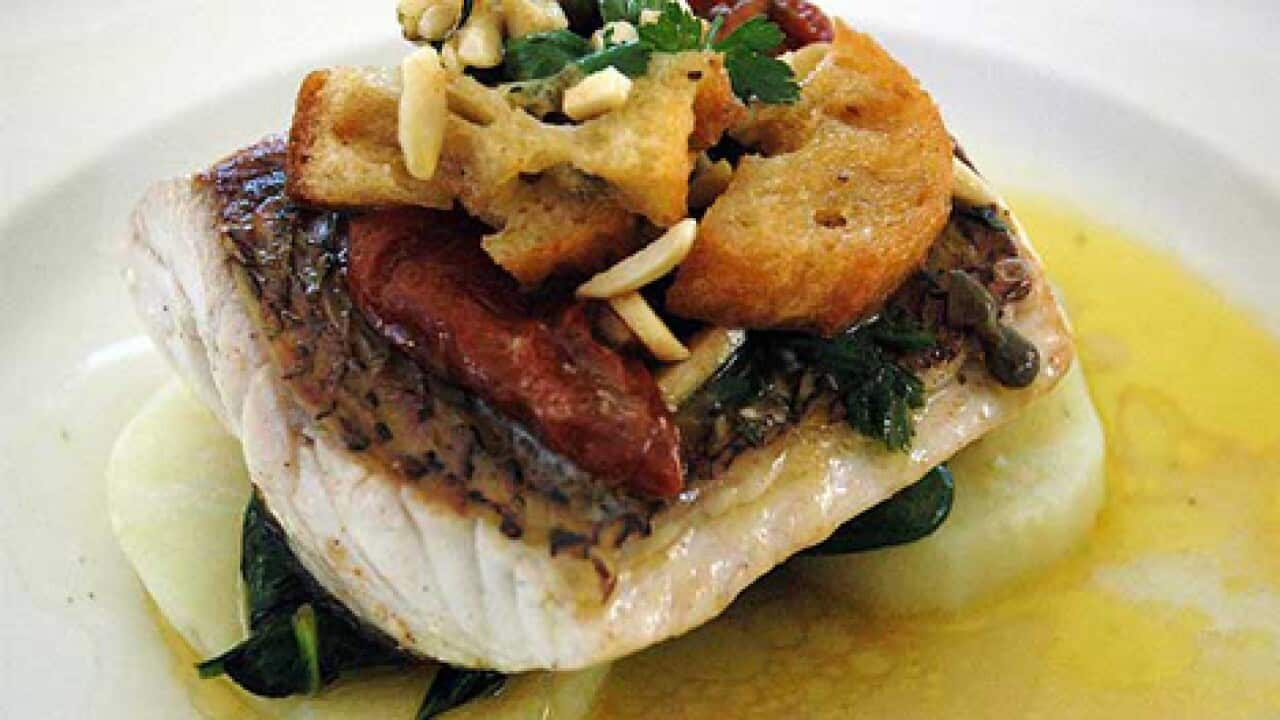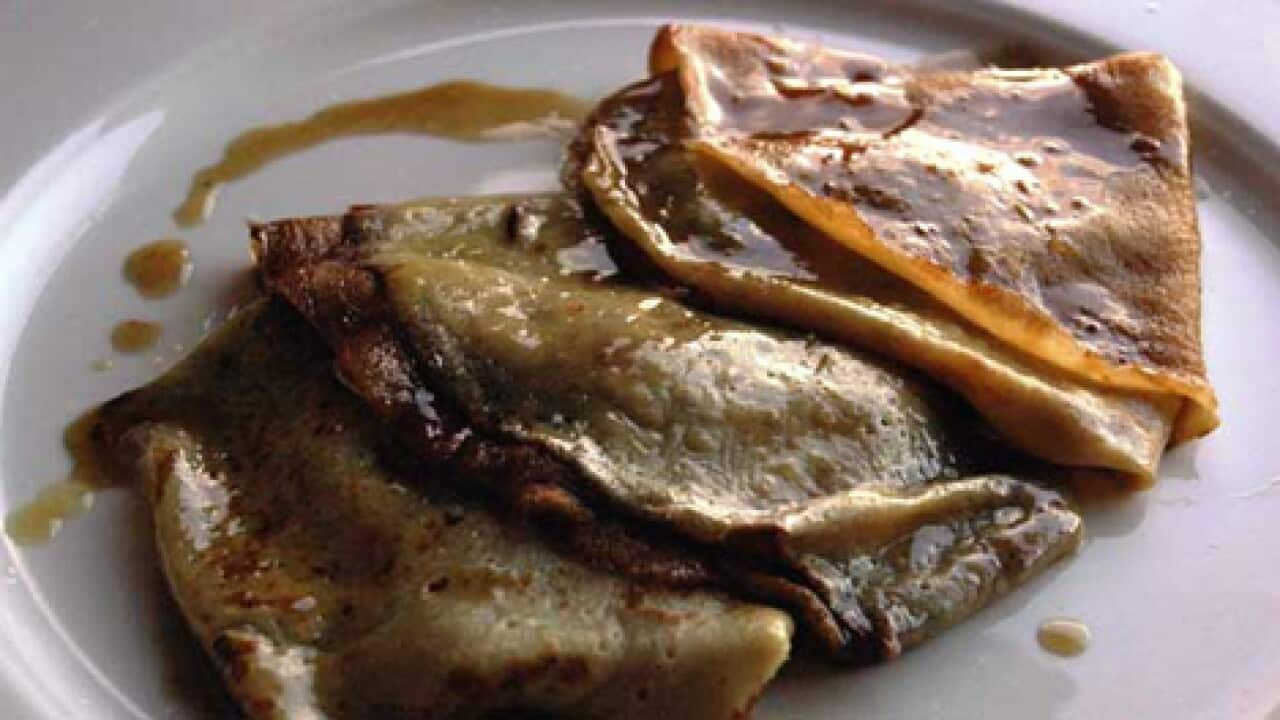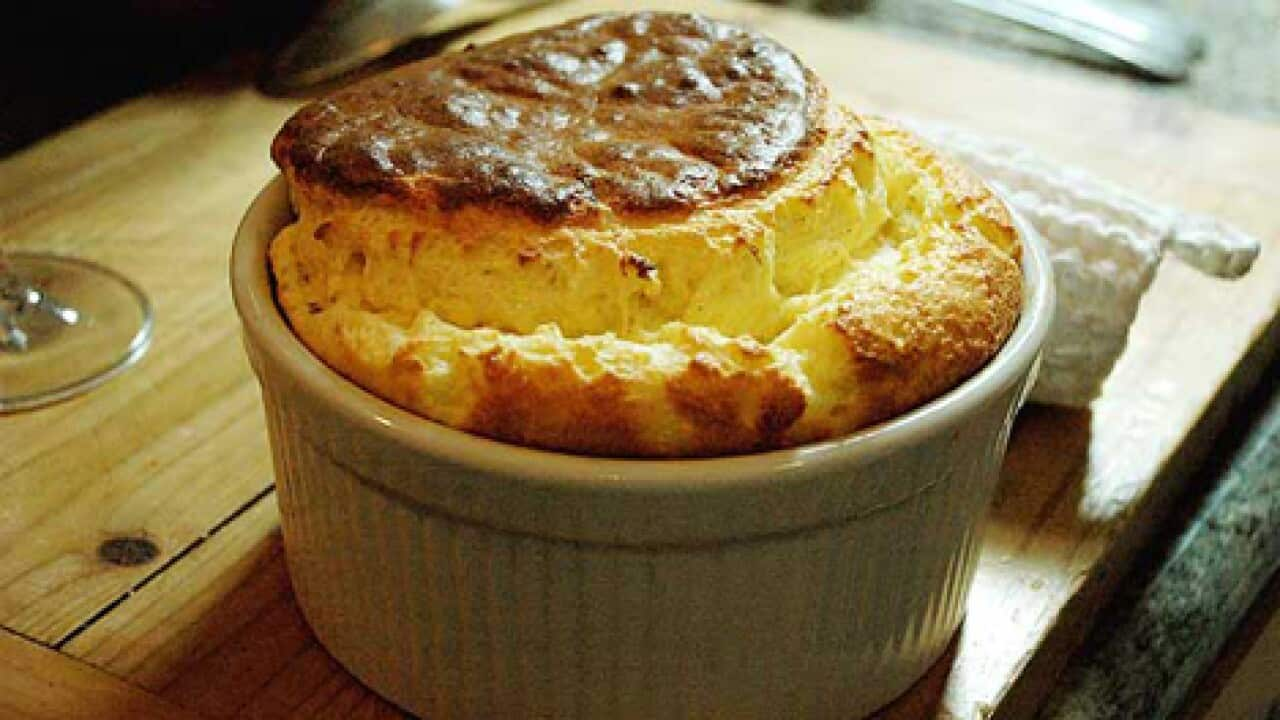The French have elevated food into an art form. Nowhere else on earth is so much attention paid to what people are going to eat and how they are going to eat it. The reason is steeped in history – the fostering of the royal court, the subsequent revolution, the discipline of the apprentice system, the quality of ingredients and creativity of the chefs, the availability of incredible produce and simply, the love of good food. The focus on food has elevated French chefs to almost godlike status and one of the symbols is the coveted Michelin star system that rates chefs and restaurants. Published since 1900, it awards stars to a very small number of European restaurants of outstanding quality.
The focus on food has elevated French chefs to almost godlike status and one of the symbols is the coveted Michelin star system that rates chefs and restaurants. Published since 1900, it awards stars to a very small number of European restaurants of outstanding quality.

Salad Niçoise. Source: SBS Food
There are many regions with their own specialty foods, and the origin of produce is of critical importance – from cheese and butter to salt and wine, the DOC symbol denoting its origin is highly prized. Many people shop every day to source the freshest produce and local markets are an essential part of life.
French cuisine has developed fine techniques and perfected the equipment needed for many jobs. Some families pass on treasured cooking pots and crêpe pans through generations. Like so many countries, the character of the food varies considerably by region. Paris is famous for its incredible cheeses, chocolates, pastries and ; the centre is known for its hearty peasant fare, pâté and (a kirsch-laden dark cherry pie); Burgundy is home to , Dijon mustard and escargots; coastal Brittany has abundant fresh seafood, such as (mussels in white wine) and moules frites (mussels with French fries); and Bordeaux is synonymous with many of the most decadent of French foods – foie gras, , duck confit, and fine wines and cognac.
Like so many countries, the character of the food varies considerably by region. Paris is famous for its incredible cheeses, chocolates, pastries and ; the centre is known for its hearty peasant fare, pâté and (a kirsch-laden dark cherry pie); Burgundy is home to , Dijon mustard and escargots; coastal Brittany has abundant fresh seafood, such as (mussels in white wine) and moules frites (mussels with French fries); and Bordeaux is synonymous with many of the most decadent of French foods – foie gras, , duck confit, and fine wines and cognac.

Quiche Lorraine.
From the simplest crusty baguette eaten with ripe brie to a beautiful lobster bisque or hearty boueuf bourguignon, France is heaven for any food lover.

French Food Safari recipes

Coeur a la crème d'anjou with raspberries











